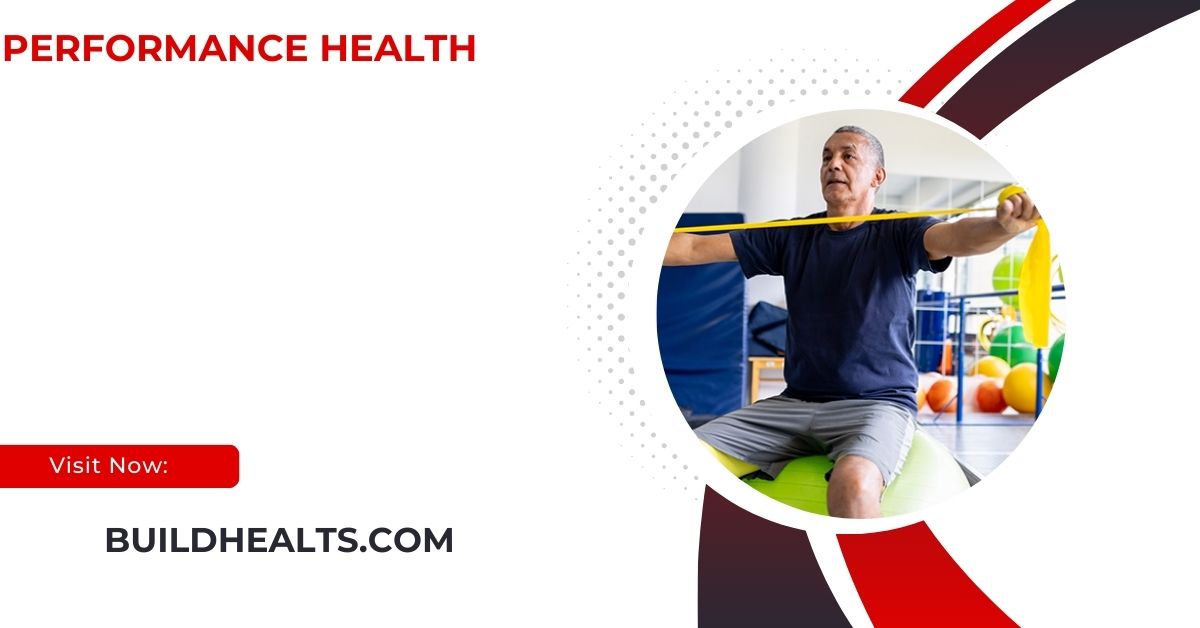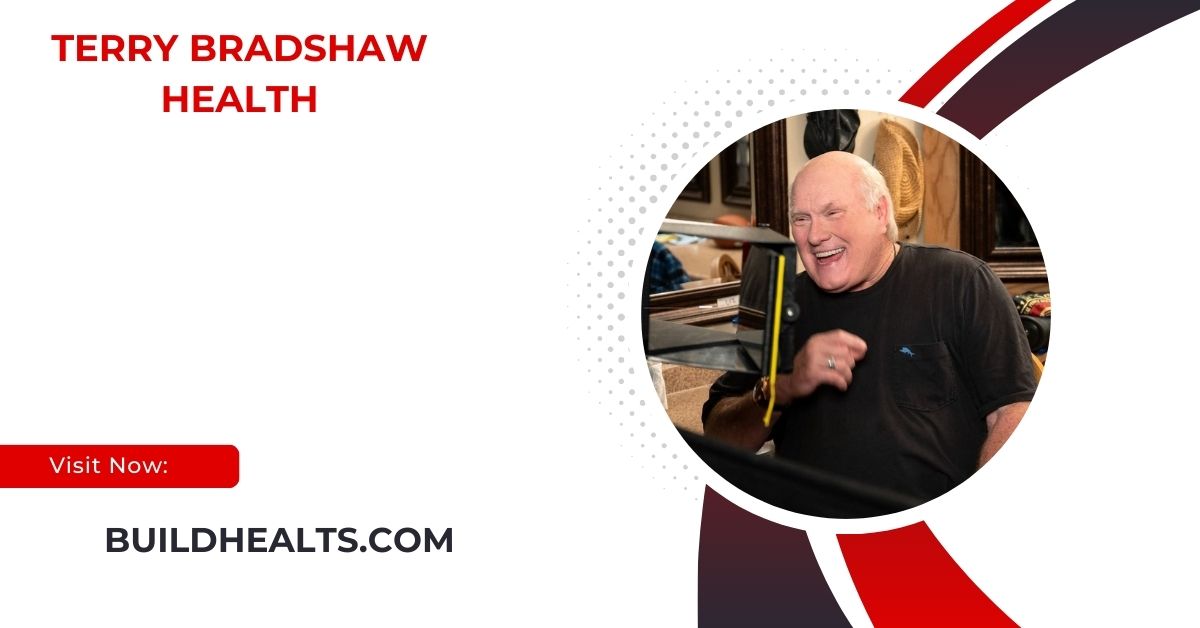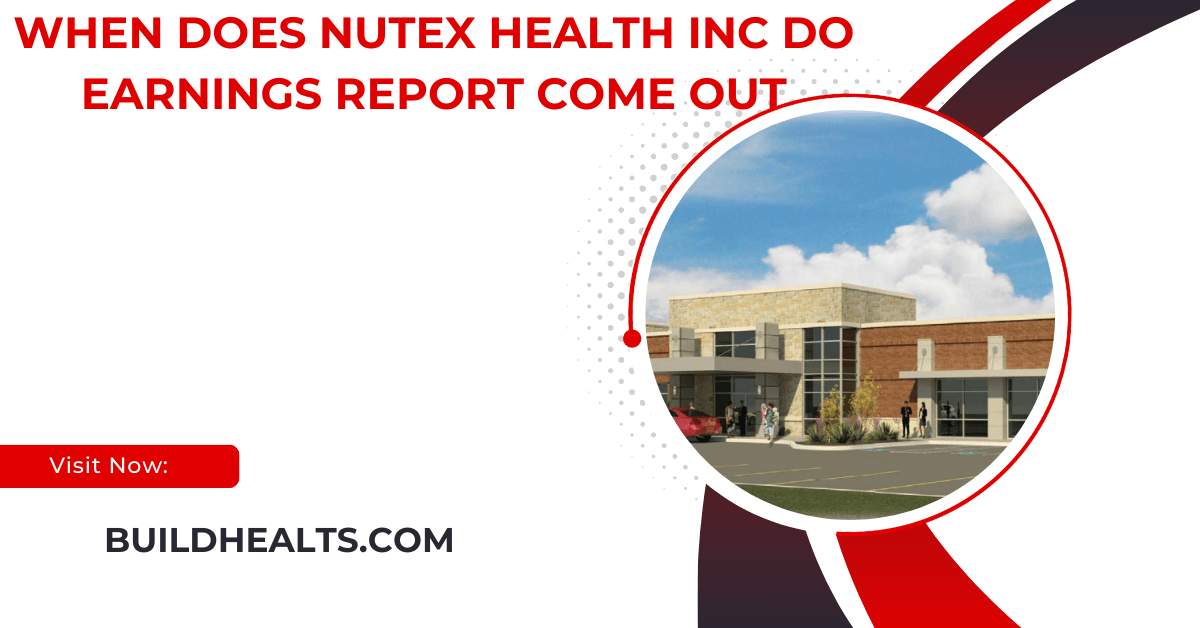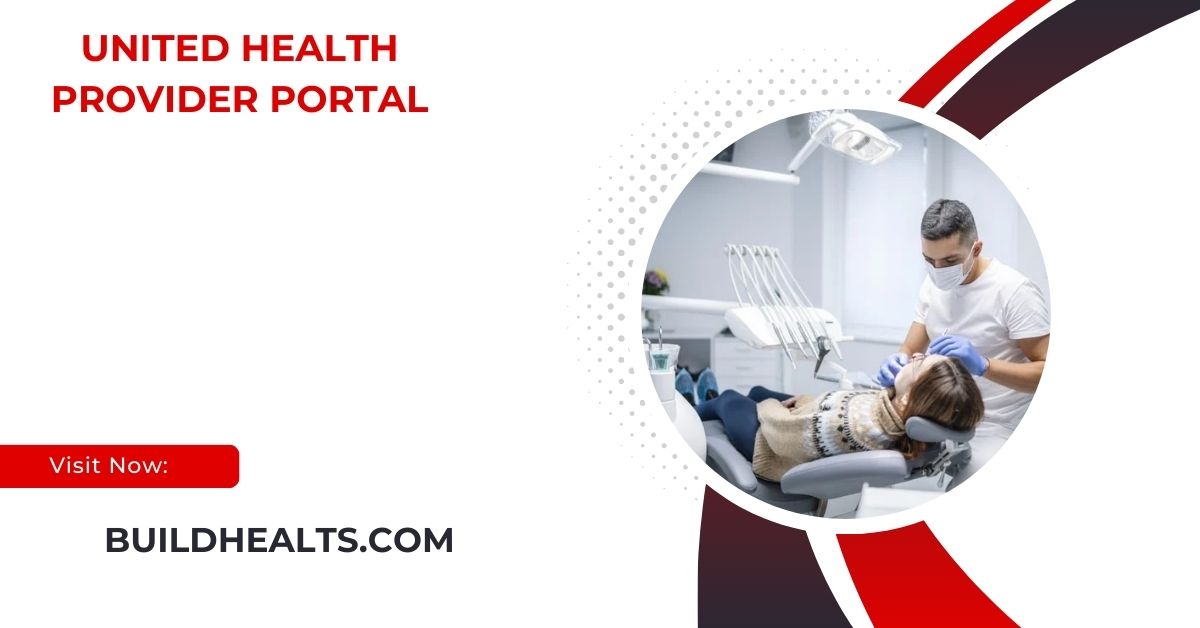Performance health focuses on optimizing physical and mental well-being, improving strength, flexibility, endurance, mental clarity, and recovery for better daily functioning and quality of life.
In this article, we will explore what performance health is, why it matters, and practical steps to achieve it.
What is Performance Health?

Performance health refers to the physical and mental well-being that allows an individual to perform optimally in various aspects of life. It is about optimizing the body’s strength, endurance, flexibility, and mental clarity so that one can tackle daily challenges, perform well in sports, work, and maintain a high quality of life. Unlike traditional health, which may focus on simply avoiding illness, performance health emphasizes enhancing your body’s ability to function at its peak.
Key Components of Performance Health:
There are several key components that contribute to performance health, each of which plays a role in maximizing the body’s potential. These include:
- Physical Fitness: This is the foundation of performance health. Physical fitness encompasses strength, endurance, flexibility, and cardiovascular health. It enables the body to perform tasks effectively without fatigue or injury.
- Nutrition: A balanced diet is essential to fuel the body and promote recovery. Proper nutrition helps maintain energy levels, muscle repair, and overall bodily function.
- Mental Health and Focus: Mental clarity, focus, and stress management are critical for peak performance. Mental health directly affects how the body performs and how you approach physical tasks.
- Rest and Recovery: Performance health also depends on adequate rest and sleep. Rest helps the body recover from physical exertion, while sleep is vital for brain function, energy replenishment, and muscle growth.
- Injury Prevention and Rehabilitation: Preventing injuries is key to maintaining good performance health. In case of injury, proper rehabilitation ensures that individuals can return to normal activity without setbacks.
Why is Performance Health Important?
Performance health is not just for athletes or those engaging in intense physical activities. It is for everyone who wants to improve their health and achieve better results in their day-to-day life. Here are some reasons why performance health is important:
- Improved Quality of Life: Focusing on performance health helps individuals feel better physically and mentally, leading to greater satisfaction in both personal and professional life.
- Increased Energy Levels: By optimizing physical fitness, nutrition, and mental health, performance health helps boost energy levels, making it easier to tackle tasks throughout the day.
- Prevention of Illnesses and Injuries: A focus on performance health includes activities that help prevent common illnesses and injuries by strengthening the body and mind.
- Enhanced Athletic Performance: For those involved in sports or physical activities, performance health can lead to improved performance, better endurance, and reduced chances of injury.
- Better Focus and Productivity: A healthy body and mind work in tandem to improve concentration, focus, and productivity in all areas of life, from work to personal projects.
How to Achieve Performance Health: Practical Steps
Achieving performance health requires consistent effort across various aspects of life. Below are actionable steps to help you reach your optimal health and performance.
Prioritize Physical Fitness:
A key aspect of performance health is regular exercise. Engaging in physical activity boosts endurance, flexibility, strength, and cardiovascular health. Here are some activities that can improve your physical fitness:
- Strength Training: Incorporating weightlifting or bodyweight exercises into your routine can help build muscle, increase metabolism, and improve bone health. Aim to include strength training exercises 2-3 times per week.
- Cardiovascular Exercise: Running, walking, swimming, cycling, or dancing are great ways to boost heart health and improve endurance. Aim for at least 150 minutes of moderate-intensity aerobic activity per week.
- Flexibility and Mobility Exercises: Practices like yoga or stretching routines improve flexibility and mobility, which is crucial for injury prevention and overall performance.
- Balance and Coordination: Exercises like tai chi or simple balance drills can help improve coordination and prevent falls, especially as we age.
Also read: Is There A Plan Participation Requirement For Health Connector Business – A Complete Guide!
Eat a Well-Balanced Diet:
Nutrition is another essential component of performance health. Eating a well-balanced diet ensures that your body receives the nutrients it needs to perform at its best. Here are some basic guidelines to follow:
- Focus on Whole Foods: Include plenty of fruits, vegetables, lean proteins, whole grains, and healthy fats in your diet. These foods provide essential vitamins, minerals, and energy for the body.
- Stay Hydrated: Drinking enough water is critical for maintaining energy levels, improving digestion, and supporting cellular functions. Aim for at least 8 glasses of water per day, more if you’re physically active.
- Protein for Muscle Repair: If you’re engaging in regular physical activity, protein is vital for muscle repair and growth. Include lean protein sources such as chicken, tofu, legumes, and fish.
- Limit Processed Foods: Minimize the intake of sugary snacks, junk food, and heavily processed items. These foods can lead to energy crashes, inflammation, and a weakened immune system.
Focus on Mental Health and Stress Management:
Mental health plays a crucial role in overall performance health. Stress, anxiety, and mental fatigue can affect your ability to perform physically and mentally. Incorporating the following practices into your routine can help improve mental well-being:
- Mindfulness and Meditation: Practicing mindfulness techniques such as meditation or deep breathing exercises can help reduce stress and increase focus.
- Adequate Sleep: Ensure you get 7-9 hours of sleep each night. Sleep is essential for recovery, brain function, and overall well-being.
- Manage Stress: Find healthy ways to manage stress, such as journaling, spending time outdoors, or engaging in hobbies that bring you joy.
- Build Resilience: Strengthen your mental resilience by setting achievable goals, staying positive, and practicing gratitude.
Ensure Proper Rest and Recovery:
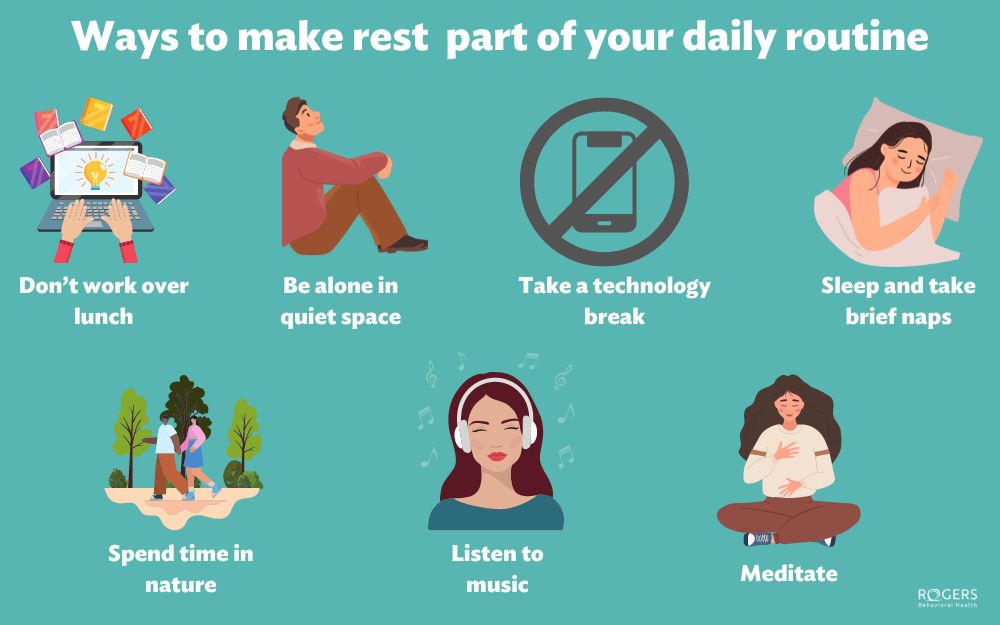
Recovery is just as important as training. Without proper rest, the body cannot repair itself, leading to fatigue, injuries, and poor performance. Here’s how to ensure proper rest and recovery:
- Sleep: As mentioned earlier, getting enough sleep is vital. Sleep is the body’s natural recovery tool, repairing muscle tissue, consolidating memories, and restoring energy.
- Active Rest: Engaging in low-intensity activities like walking or yoga on rest days helps the body recover without further straining it.
- Massage and Stretching: Regular massages or stretching routines can help alleviate muscle tension, reduce soreness, and improve flexibility.
- Listen to Your Body: Avoid pushing yourself too hard, especially if you feel pain or discomfort. Rest when needed to avoid injury.
Prevent Injuries:
Preventing injuries is an important part of maintaining performance health. Here are some tips for injury prevention:
- Warm-Up and Cool Down: Always warm up before exercising and cool down afterward to prepare the body for activity and reduce muscle tightness.
- Use Proper Form: Ensure that you’re using the correct form when exercising or lifting weights. Poor technique can lead to strain and injuries.
- Wear Proper Footwear: Wear shoes that provide adequate support and cushioning, especially during activities like running or sports.
- Gradual Progression: Avoid making drastic changes to your workout routine. Gradually increase the intensity and duration of exercises to allow your body to adapt.
FAQ’s
1. What does performance health mean?
Performance health is a holistic approach that enhances both physical and mental well-being, optimizing an individual’s ability to function at their best in daily activities.
2. Why is performance health important?
It improves overall life quality, boosts energy, enhances focus, prevents illnesses, and contributes to better performance in work, sports, and personal activities.
3. How can I improve my performance health?
Focus on regular physical exercise, a balanced diet, mental health practices, adequate sleep, and recovery techniques to optimize physical and mental performance.
4. What role does nutrition play in performance health?
Nutrition fuels the body, aids muscle recovery, maintains energy levels, and supports optimal bodily functions, all essential for achieving peak physical and mental performance.
5. How can I prevent injuries while maintaining performance health?
Warm up before workouts, use proper technique, wear suitable footwear, and gradually increase exercise intensity to avoid overuse injuries and ensure safe performance enhancement.
Conclusion
In conclusion, performance health emphasizes optimizing physical and mental well-being to improve overall life quality. By focusing on fitness, nutrition, mental health, recovery, and injury prevention, individuals can reach their peak performance in daily activities. Consistent effort and a holistic approach to health lead to improved productivity, enhanced success, and a healthier, more fulfilling life.

